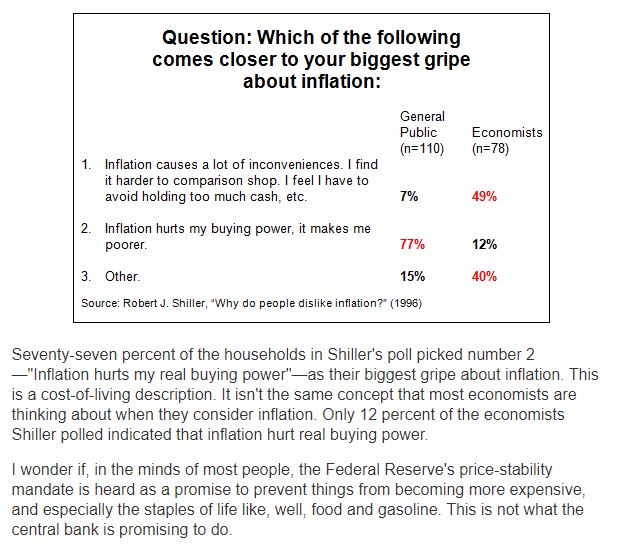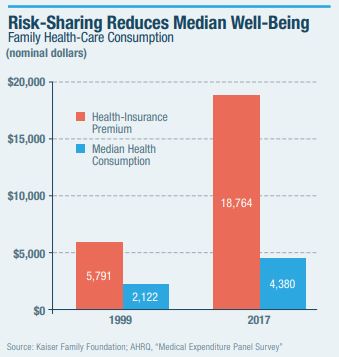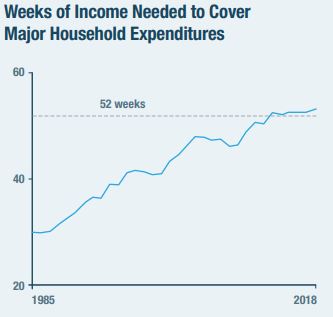
You can read the full report with technical analysis @ManhattanInst.
manhattan-institute.org/reevaluating-p…
And my narrative essay presenting the full argument has just been published by @AmericanAffrs. That is all.
americanaffairsjournal.org/2020/02/the-co…









